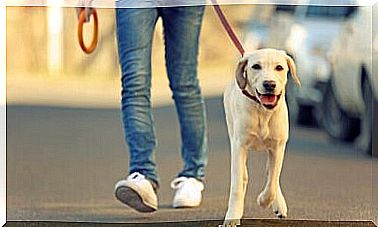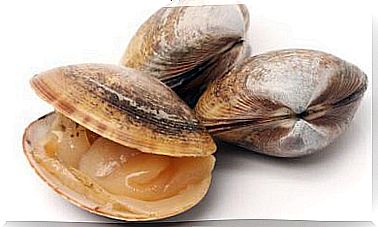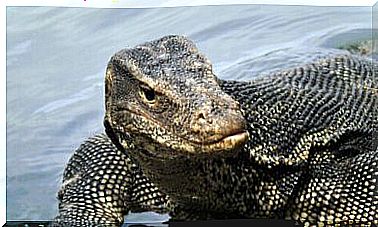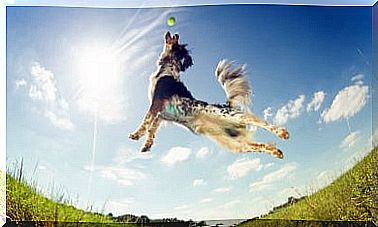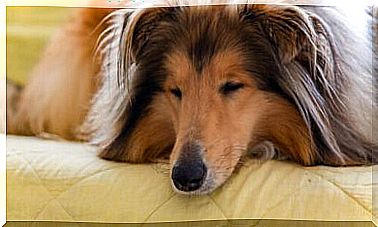Constipation In Dogs: Causes, Symptoms And Prevention
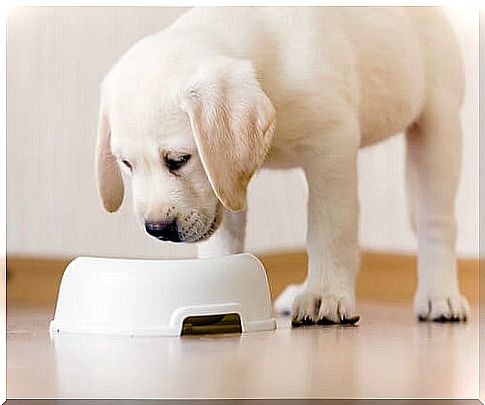
Constipation in dogs (or constipation) is one of the main reasons why you need to consult your veterinarian. Its origin could be due to multiple factors and a visit to the specialist is the best way to identify the possible causes.
It should be noted that some owners take lightly any changes in their dogs’ evacuation periodicity. However, as is always the case when it comes to health, early diagnosis avoids worse complications.
What are the causes of constipation in dogs?
In order to talk about how to treat constipation in dogs, it is worthwhile to first dwell on the most frequent causes of the appearance of this annoying disorder. Let’s see them together:
- Bad nutrition. Constipation can be the result of eating inadequate foods, such as bones, foreign objects, and even hair.
- Insufficient hydration. As with people, if your dog drinks too little water, constipation is an inevitable consequence.
- Excessive consumption of fiber. Some dog foods contain too much fiber. Depending on the digestive system, this can cause constipation.
- Excessive sedentary lifestyle. If your dog does little physical activity, it is likely that he may have problems evacuating.

There are other more complex reasons related to diseases or biological conditions. For example, intestinal obstruction, which may be due to a digestive process or accidental ingestion of a foreign object. Dogs often grab with their mouths and swallow anything, out of curiosity or hunger.
Another similar disease could be intestinal paralysis. Traumatic experiences or changes in routine can cause constipation. Without forgetting any hormonal imbalances or calcium deficiency.
In adult dogs, constipation can be a normal factor, a simple consequence of old age. In some dogs it has been observed that their digestive process changes with age. It is more difficult to digest certain foods that, when young, they assimilated without problems. In these cases, it is good to consult your doctor who will recommend a diet based on natural feed.
It is also very important to assess the pet’s appetite. If you show disinterest in certain foods or discomfort after ingesting them, it is advisable to always contact your veterinarian.
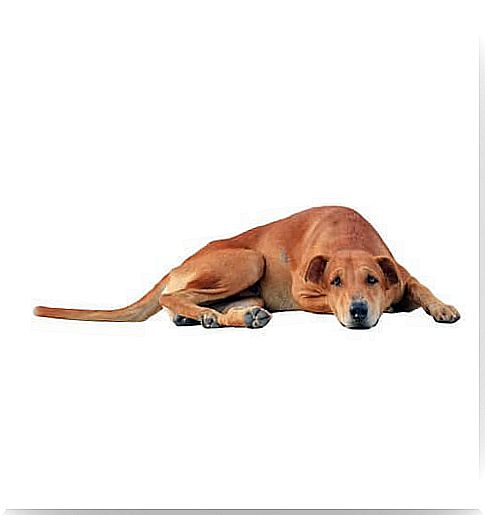
Symptoms of Constipation in Dogs
In most cases, these are the main symptoms of canine constipation :
- Little or no evacuation. The main symptom is that the animal does not evacuate. Or when it does, only small amounts and very hard droppings are noticed.
- Excessive effort to evacuate. This fatigue can be accompanied by moaning or crying.
- Stiff stomach. Stomach hardness can trigger constipation problems. This is the case, for example, with inflammation of the colon.
- Discouragement and lack of appetite. When constipation is acute, dogs appear depressed and are unlikely to finish their food.
- Vomiting. The presence of this behavior will indicate that the animal’s body tries to free itself as quickly as possible.
How to avoid canine constipation?
- Balanced diet. Natural nutrition in dogs is widespread today. Its benefits are many, for example it improves the digestive system of the animal and prevents constipation.
- Sufficient water consumption. It is important that you constantly check that your dog is drinking enough water.
- Exercise. Based on breed, size and age, your dog should be encouraged to move, walk and run. Your metabolism will benefit.
- Veterinary visits. In the face of any behavioral change or disorder, it is always right to consult a doctor. See your vet if your dog doesn’t defecate after two or more days.
Especially in case of pain, fever or apathy of the animal, you should not hesitate to consult the specialist. These symptoms can indicate serious complications that should be treated as soon as possible.
Some recommendations
- To know if the animal is constipated, it is important to see the quantity and status of the stool evacuated. This implies color, texture and smell.
- The faeces of a constipated animal are very dark. Small, solid and separate. If you are used to having other pets, you will see these droppings can be similar to those of rabbits.
- Also, check for mucus, undigested food, or blood in the stool. The latter is a common situation in the face of the effort made to evacuate.
- Constipated dogs can show bloating and not just on the stomach. This situation can also occur on the eyes and paws.
- Evaluate possible mood swings . A constipated or constipated dog will be easily irritable. Some may begin to lose weight due to a lack of appetite and other gastrointestinal upset.

